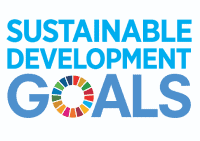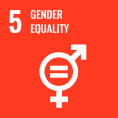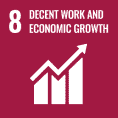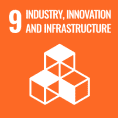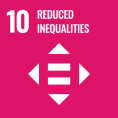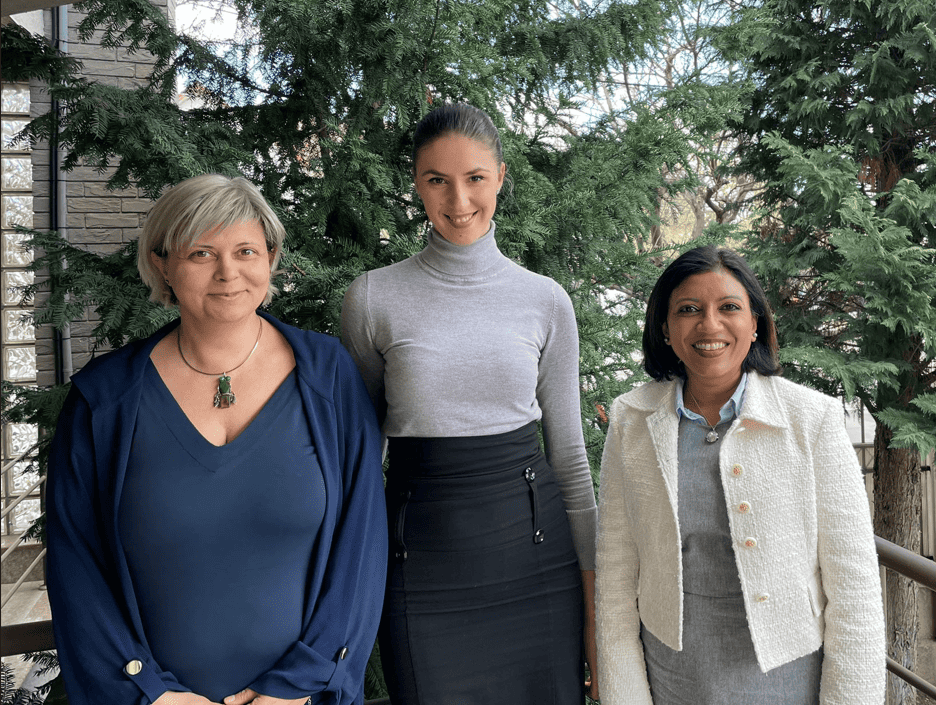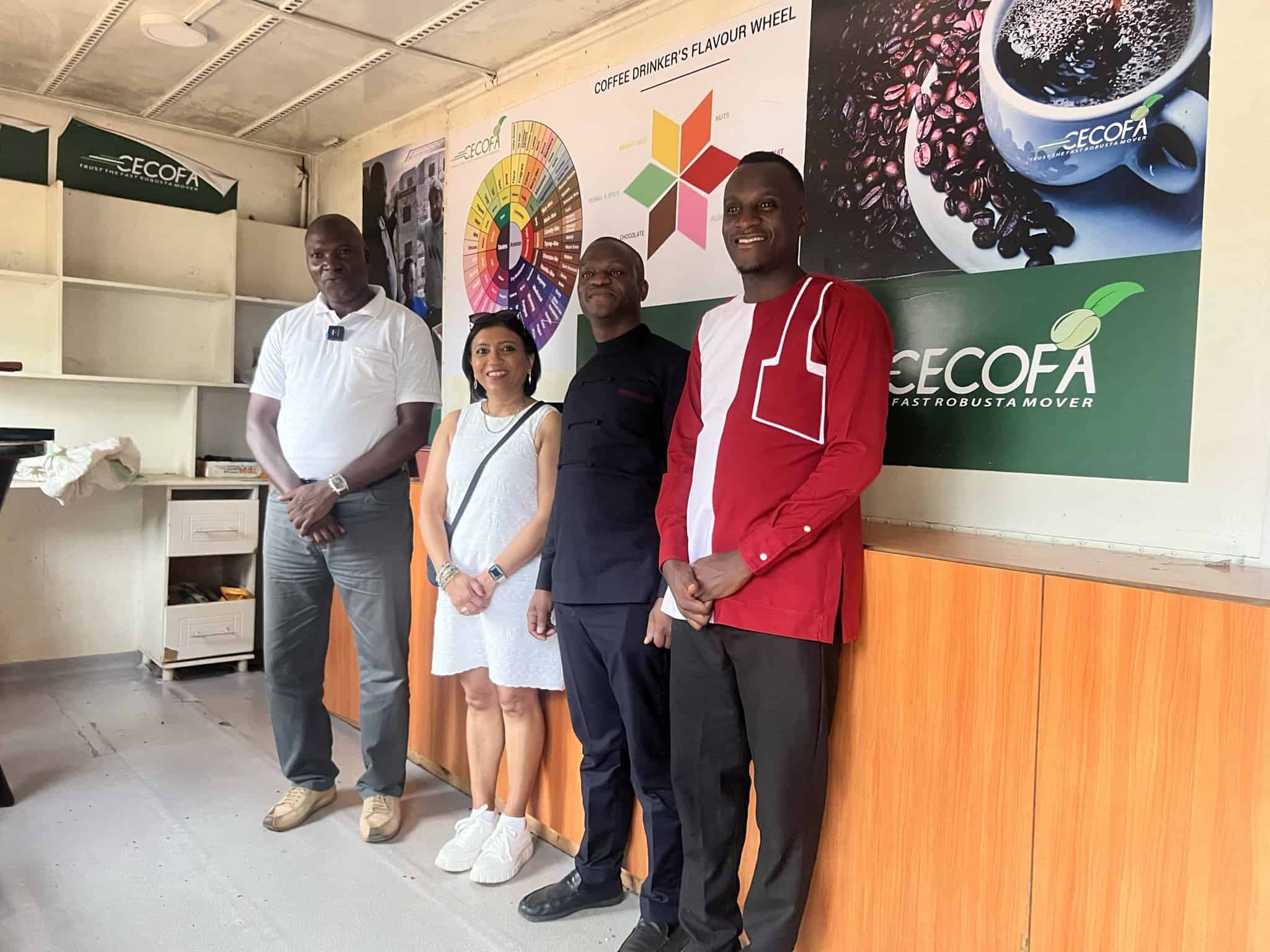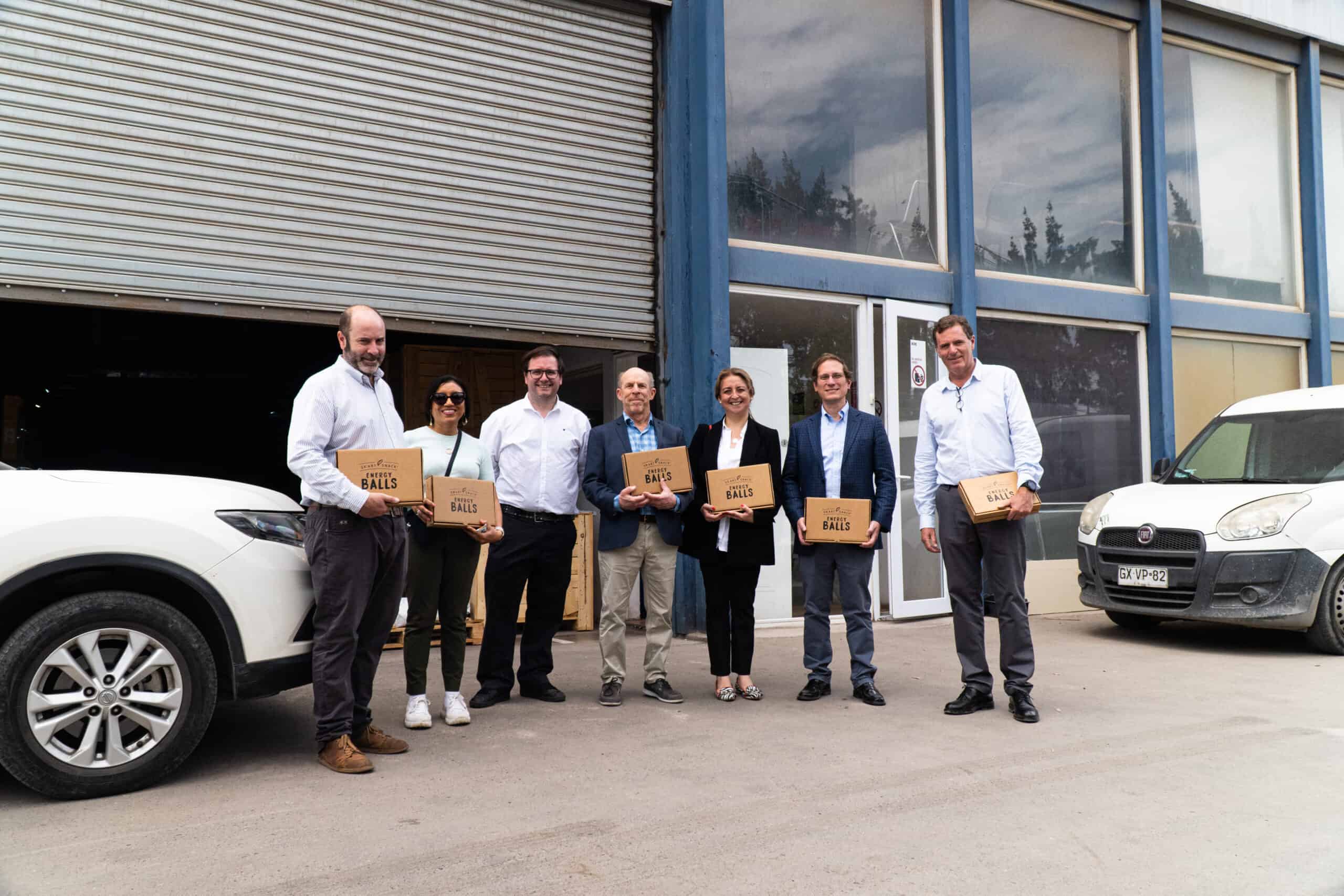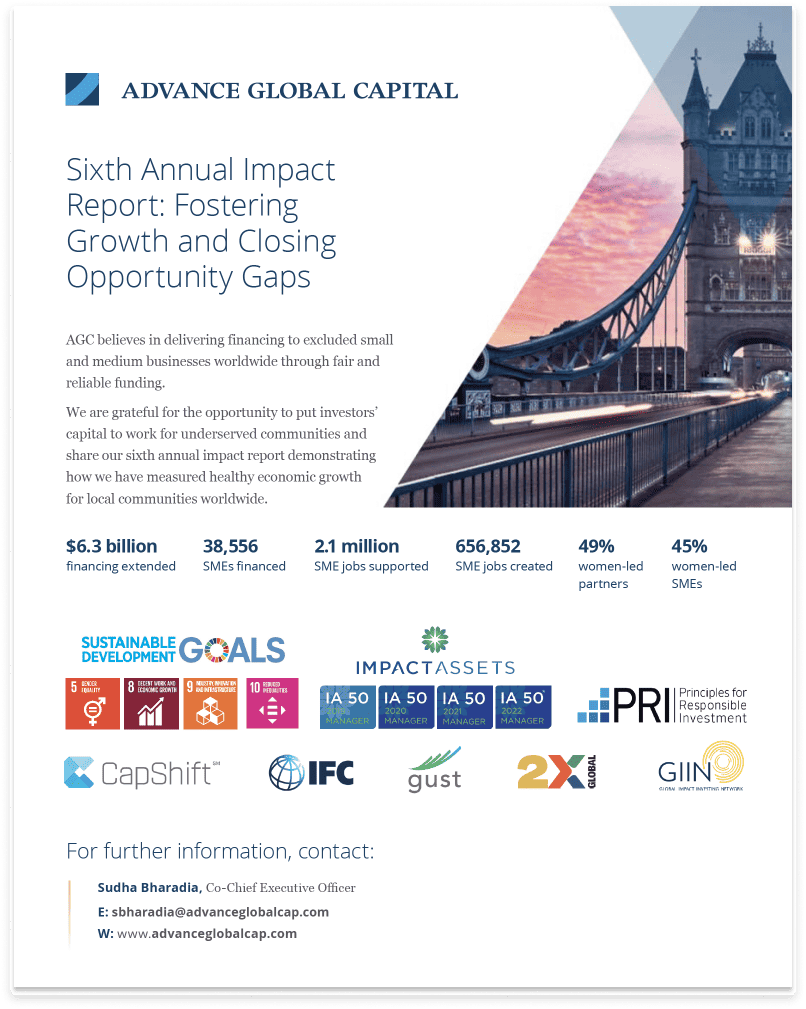Rebuilding a Region Torn Apart by Conflict
Change does not come quickly or easily, as any country who has been tangled in a civil war for more than 50 years knows. It is often a slow, labored effort achieved by reimagining the region’s infrastructure potential through the best of its people and its natural resources.
No one understands this better than Oleoflores, a prominent palm oil manufacturer in the Norte Santander region of Colombia. It was originally built by Don Carlos Murgas Puche in the early 20th century as cattle land and an agribusiness for transitory crops like rice, sorghum and cotton. By 1975, it transformed into a palm oil plantation to support the booming consumer goods industry, a result of innovations in domesticity requiring palm oil-based cleaning products like household soaps.

Giving new meaning to old work
The genius of Oleoflores’ business model is the rehabilitation of the region’s agricultural legacy. From decades of illicit crops to reintegrating the skill of the workforce, it has transformed the people and the land by taking what they do best and putting it to work for the modern, sustainable palm oil industry.
Oleoflores is a dominant force in Colombia as one of the only fully integrated enterprises in the entire palm oil production chain. It is committed to meeting sustainability, environmental, and social responsibility standards. In addition to compliance with the International Finance Corporation’s Exclusion List that allows production or trade in wood or other forestry products only from sustainably managed forests, it is certified by the Roundtable for Sustainable Palm Oil (RSPO).
Oloeflores has developed a unique model of production alliances to empower and benefit more than 2,500 small farmers in the rural countryside. Eleven percent of its workforce are women, almost twice the national average of women in Colombian agriculture.
Lorem ipsum dolor sit amet, consectetur adipiscing elit. Ut elit tellus, luctus nec ullamcorper mattis.
– Pulvinar dapibus leo.
Taking care of its own
With access to well-structured working capital through invoice factoring, Oleoflores has managed to improve the dynamics of its cash flow, making it possible to execute projects and action plans through its foundations to maximize the effect of its impact on local communities and families.
Oleoflores’ educational foundation, Our Lady of Flowers (Fundeflores), operates a school within Oleoflores’ agro-industrial complex, teaching 250 children of workers, from first to eleventh grades. And its Foundation for the Social Development of Montes de Maria (Fundemaria) promotes the culture of local citizens and works to improve the living conditions of its workers and their neighbors, making strides in generating legitimate sources of work for the financial benefit of entire families.
But it’s the women of Oleoflores who are redefining the potential of the region – and even the industry.
Three partners of Oleoflores were recently recognized as outstanding contributors to the Colombian palm oil industry and those it impacts. Dineth de María La Baja, Bolívar (at right) is passionate about education. She is a teacher, and project manager at schools providing training and opportunities to improve children and young adults.
Teresa Peña Corredor (below, left) is a professional technician in Operation, Maintenance and Administration of Agricultural Machinery, and a Technical Specialist in Rural Development of SENA. She and her husband started their first oil palm project with 7.5 hectares, thanks to the start of the Productive and Social Alliances in the Catatumbo region. Between 2007 and 2008 they extended their plantation to 17 hectares. In her community, she is recognized for helping children in school tasks, gathering teaching materials, and training students in hygiene.
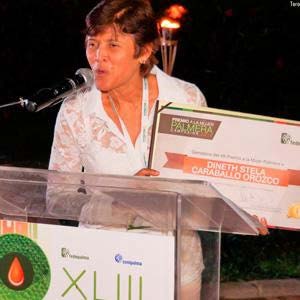

Victoria of María La Baja is a tireless educator who has worked for the community to collect resources for the purchase of a lot in which new houses were built in her municipality. This initiative received attention from the community. In tribute, they named one of the neighborhoods “La Victoria”.
Alignment to Global Sustainability Standards
We are closely aligned with United Nations Sustainability Goals 5, 8, 9 and 10
